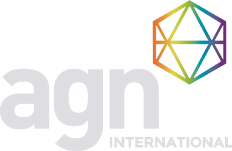What’s Changing Under the New Law?
Effective January 1, 2026, IRS Code Section 129 is updated to allow:
- Families to contribute up to $7,500 annually to a Dependent Care FSA—up from the previous $5,000.
- Married individuals filing separately to contribute up to $3,750, compared to the current $2,500.
These contributions are tax-free, reducing taxable income and increasing take-home pay for qualifying individuals who use FSAs to cover dependent care expenses.




